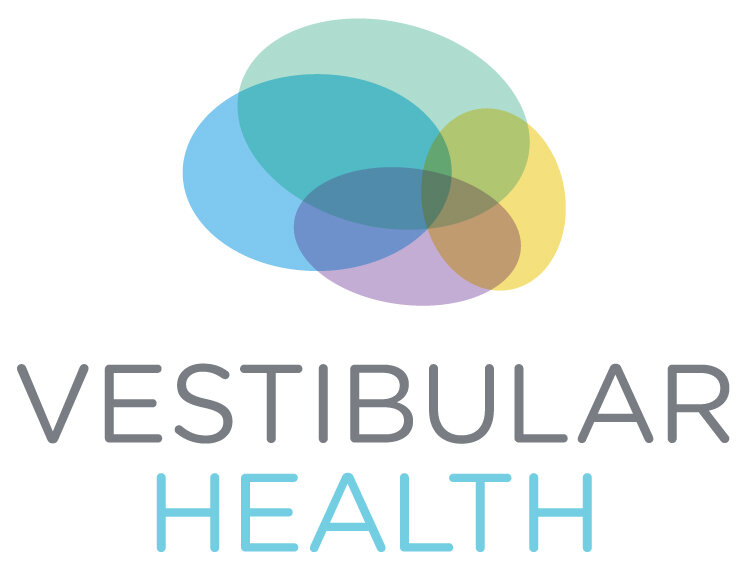
Will vestibular rehab help me?
Do you experience dizziness, vertigo, balance problems, or falls? Find out if vestibular rehabilitation physiotherapy can help you! Learn what vestibular rehab is, how it works, and whether it could help your symptoms. Our expert physiotherapists are here to help at our Toronto clinics or online through virtual care.
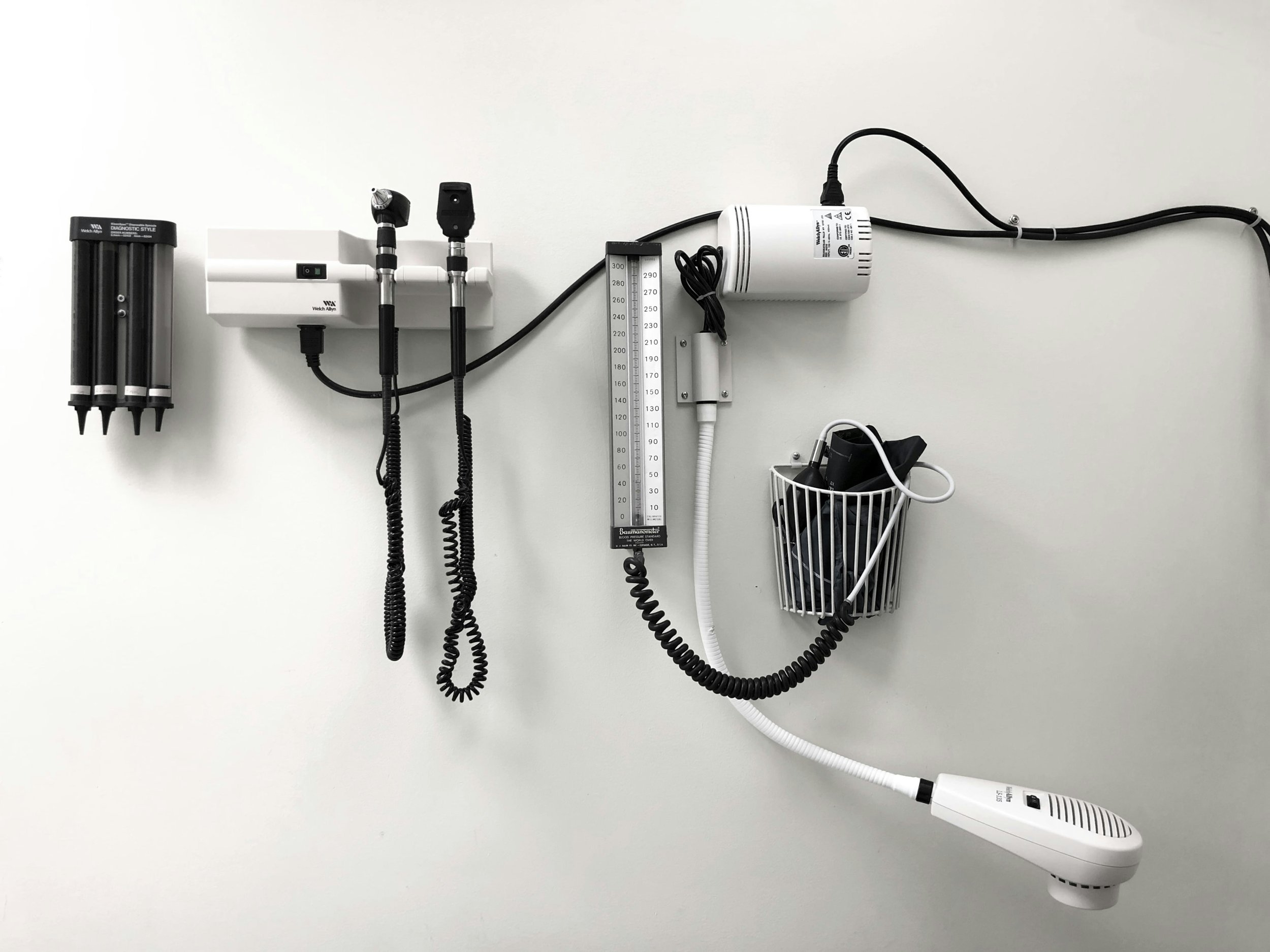
In the news: Why Canadians need more help for dizziness
Many people who experience problems with dizziness, imbalance, or vertigo have trouble getting a diagnosis and difficulty accessing specialists. Our team spoke with CBC Radio about the challenges people face getting comprehensive evaluation and effective treatment for vestibular symptoms.
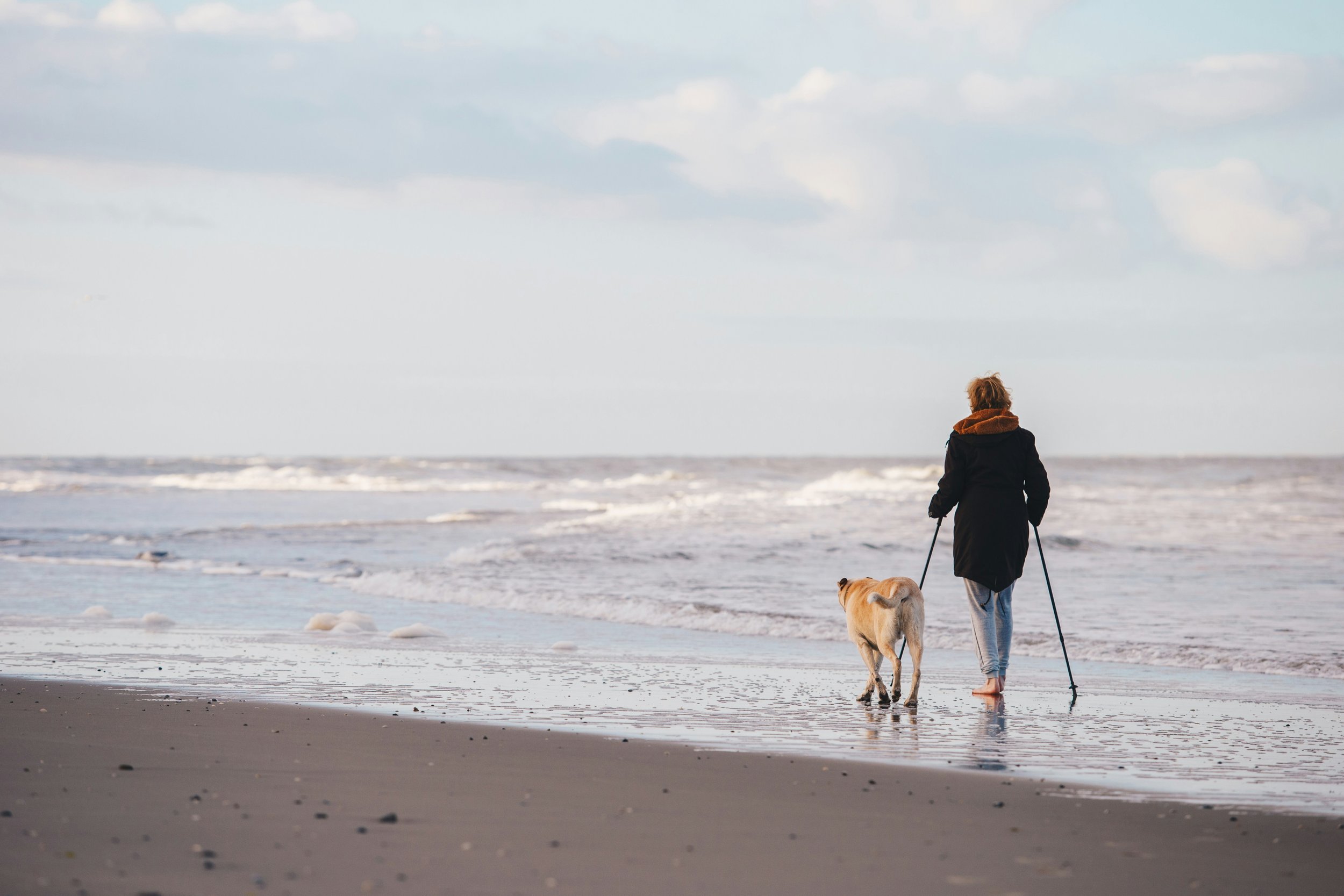
Improving dizziness & balance with acoustic neuroma
Our team presented a poster at the Acoustic Neuroma Association symposium on physiotherapy outcomes for patients with acoustic neuroma/vestibular schwannoma seen in our clinic. Vestibular rehabilitation can help improve symptoms of dizziness, imbalance, and blurry or bouncing vision across all stages of acoustic neuroma treatment options.
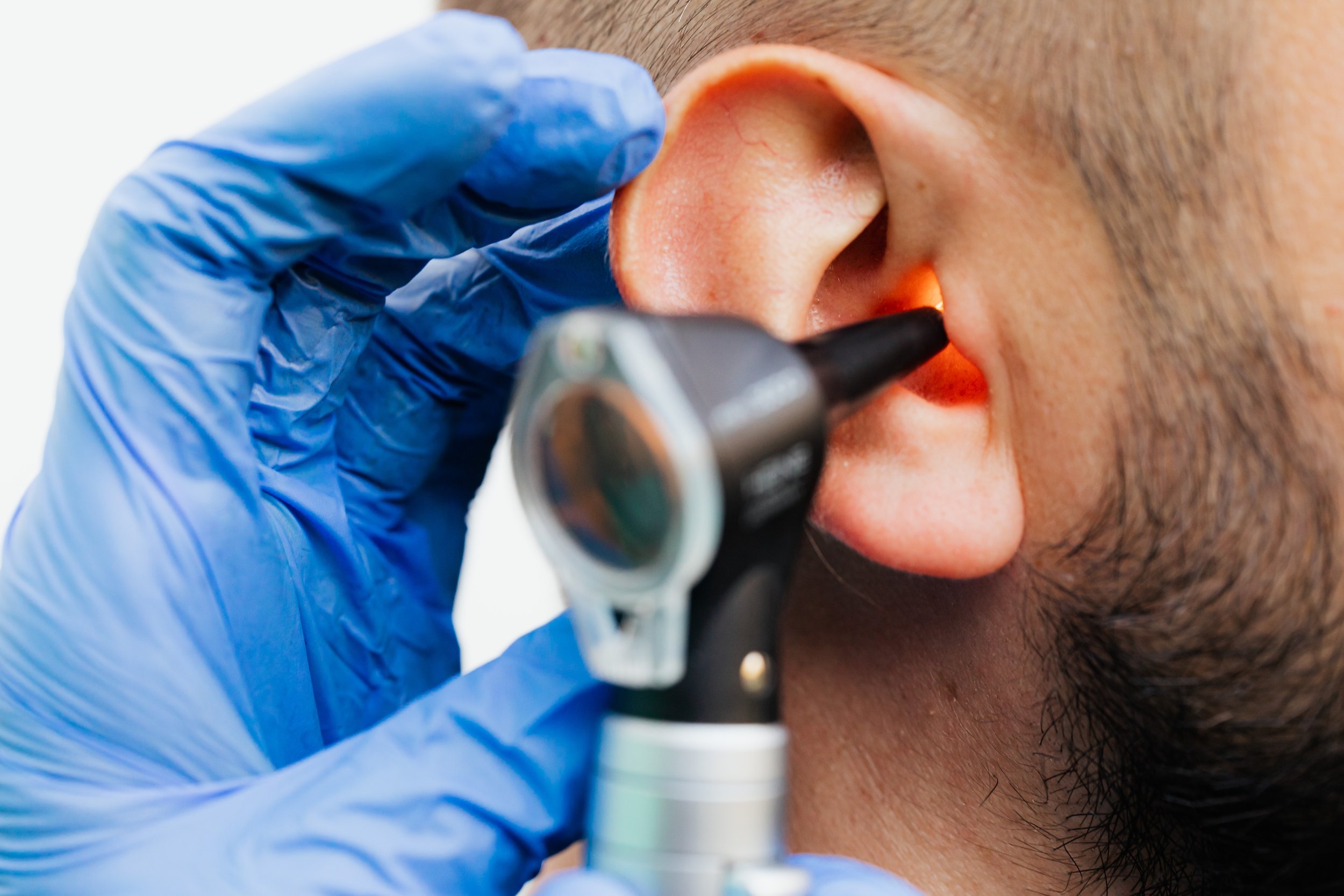
Diagnostic tests for vestibular disorders
Your doctor may recommend tests of your inner ear function to help confirm what is causing your dizziness, vertigo, or balance problems. Learn more about common tests used to diagnose vestibular disorders.
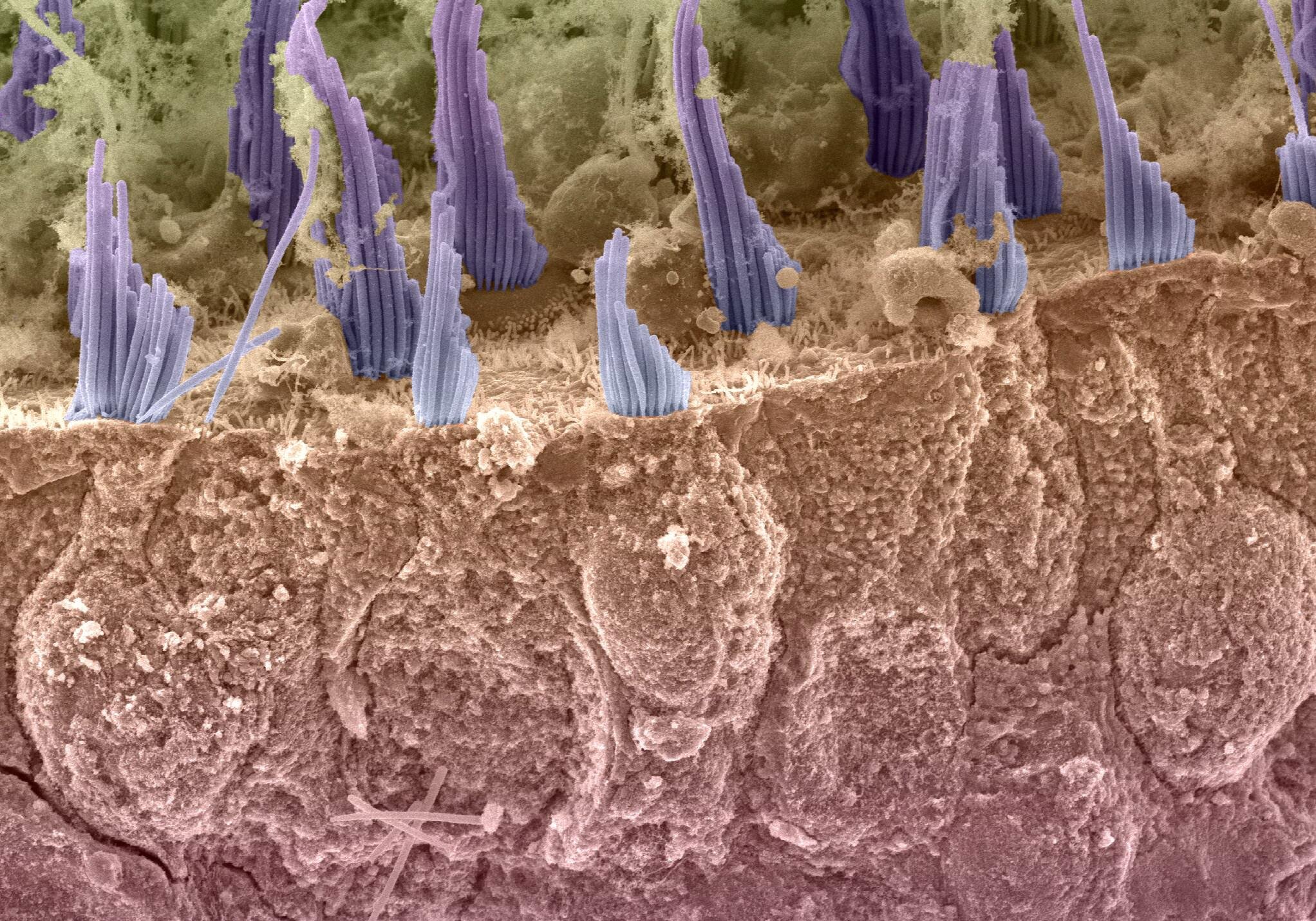
What are the otoliths?
The otoliths are the part of our inner ear that sense linear movements and gravity. Problems in the utricle and saccule can cause vestibular symptoms like rocking, swaying, dropping, or feeling pushed or pulled. Learn more about otolithic dysfunction and how vestibular rehab could help.

Persistent postural perceptual dizziness (PPPD)
Persistent Postural Perceptual Dizziness (PPPD) causes chronic symptoms of dizziness, non-rotatory vertigo like rocking or swaying, and balance problems. Learn more about what causes PPPD and how vestibular rehab can help.
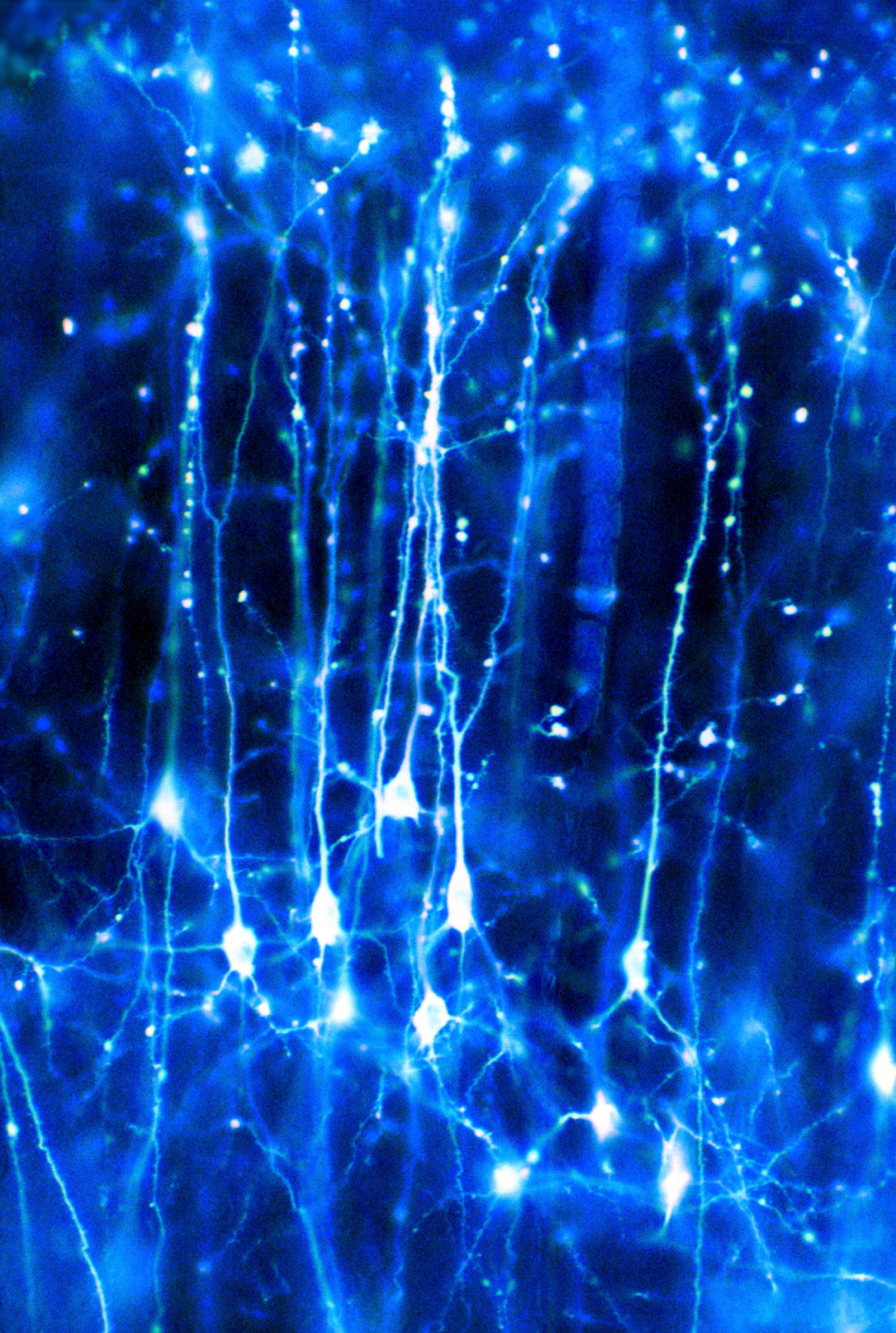
Vestibular migraine
Migraine is not just a headache! Vestibular migraine causes vertigo, dizziness, imbalance, motion intolerance, and visual sensitivity. Learn more about diagnosis and treatment of vestibular migraine, and how vestibular rehab physiotherapy can help.
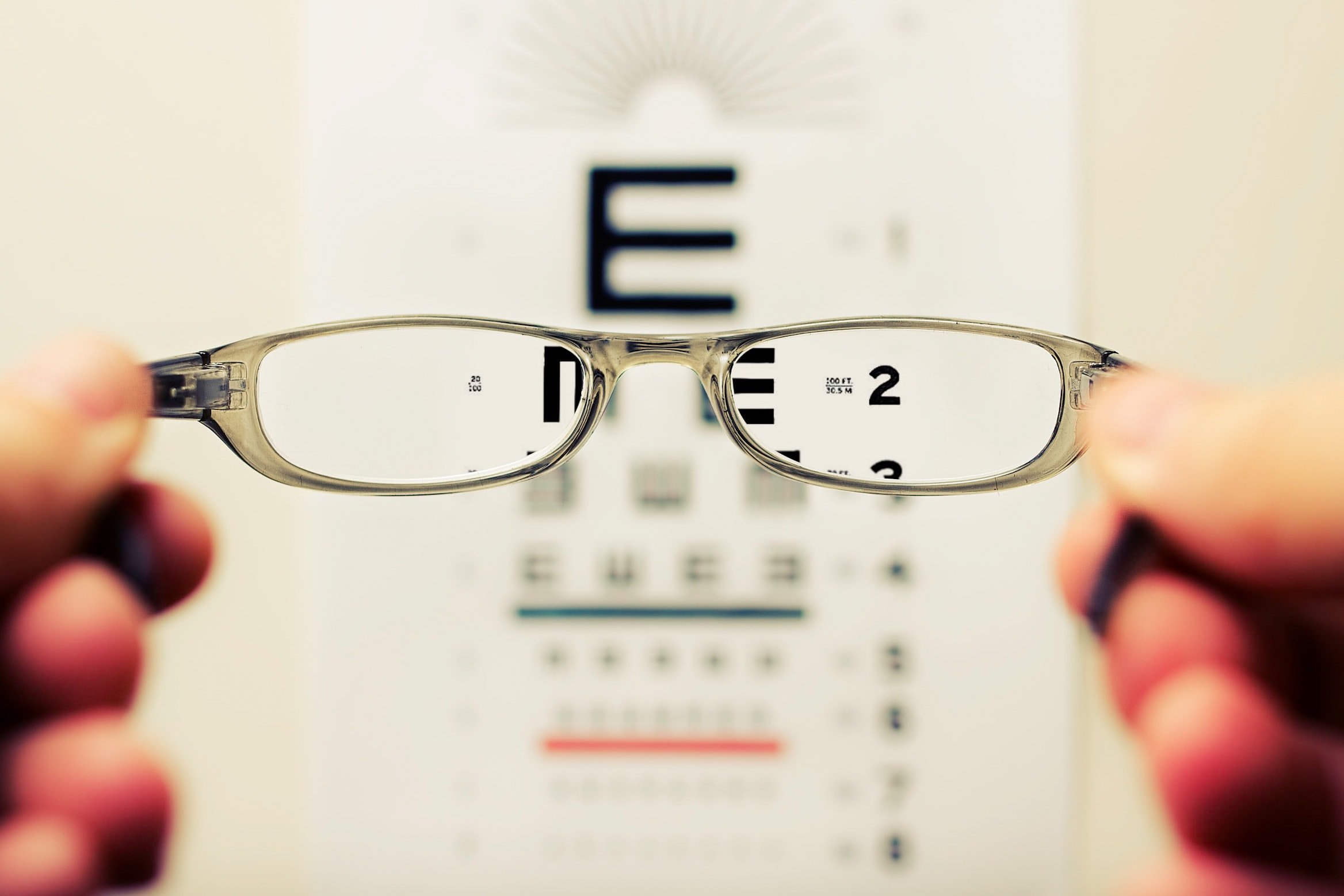
What is the vestibuloocular reflex?
The vestibulo-ocular reflex is how our ears, eyes, and brain work together to keep our vision stable while we move. Learn about how your VOR works, how vestibular disorders cause visual symptoms, how we evaluate your VOR, and vestibular rehab treatment for VOR loss.
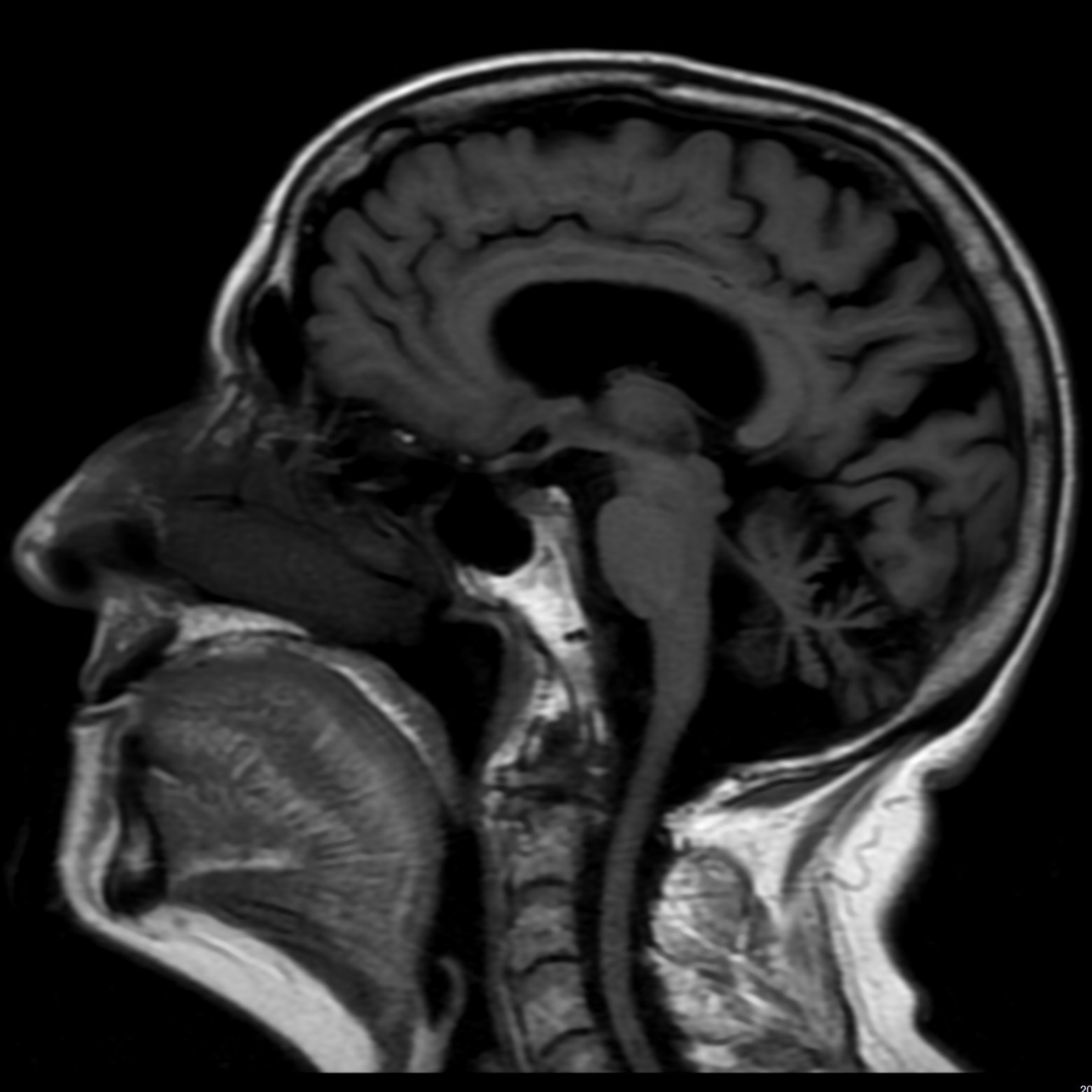
Rare vestibular conditions: Cerebellar ataxia with neuropathy and vestibular areflexia (CANVAS)
Cerebellar ataxia with neuropathy and vestibular areflexia (CANVAS) is a rare syndrome, caused by problems in the brain, vestibular system, and sensory nerves. Signs and symptoms include imbalance, problems walking, incoordination, and abnormal eye movements called nystagmus. Vestibular rehabilitation for CANVAS can help improve balance and mobility.

Rare vestibular conditions: Cerebellar ataxia with bilateral vestibulopathy (CABV)
Cerebellar ataxia with bilateral vestibulopathy (CABV) is a rare syndrome caused by problems in the brain and vestibular system. Signs and symptoms include balance problems and abnormal eye movements called nystagmus. Vestibular rehabilitation for CABV can help improve balance and mobility.

Online exercises for vertigo & dizziness
When vertigo, dizziness, and imbalance are disabling, you will try everything you can to get better! Finding exercises online may have benefits, but also some pitfalls. Learn about the types of self-help exercises you may find, tips for what you might experience when trying these treatments, and when you might need expert help.

Sleep and vestibular disorders
Sleep problems are common in vestibular disorders and concussion/mild traumatic brain injury. Sleep is important for recovery, and poor sleep can worsen vestibular symptoms like dizziness and imbalance. Learn how insomnia impacts your recovery and tips to help improve your sleep.
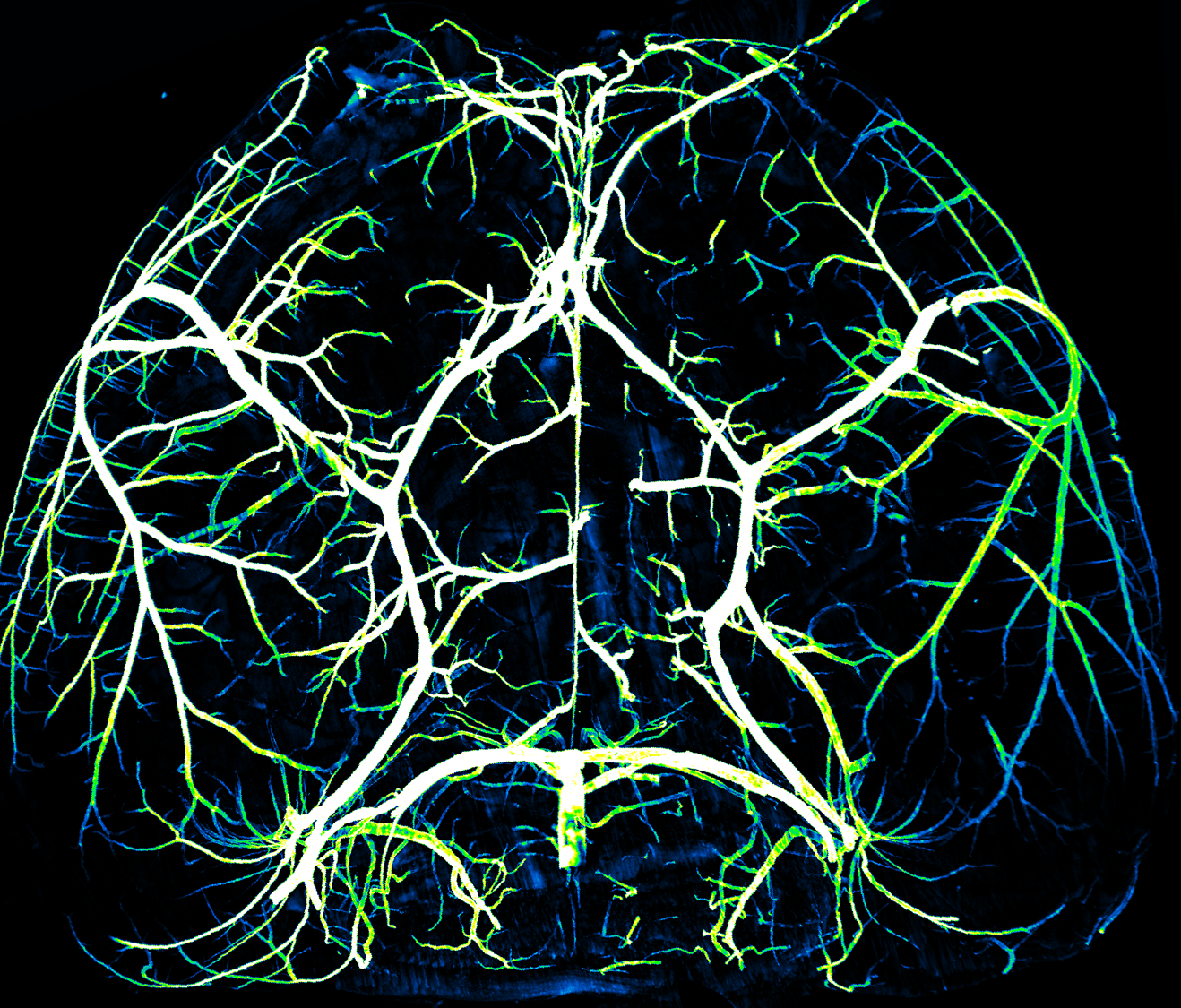
Vertigo, dizziness, imbalance & vestibular rehab after stroke
Dizziness, vertigo, and balance problems are common symptoms after cerebellar stroke. Watch Elizabeth Crawford’s presentation for the Central South Regional Stroke Network on the role of vestibular physiotherapy in rehabilitation after posterior circulation stroke.
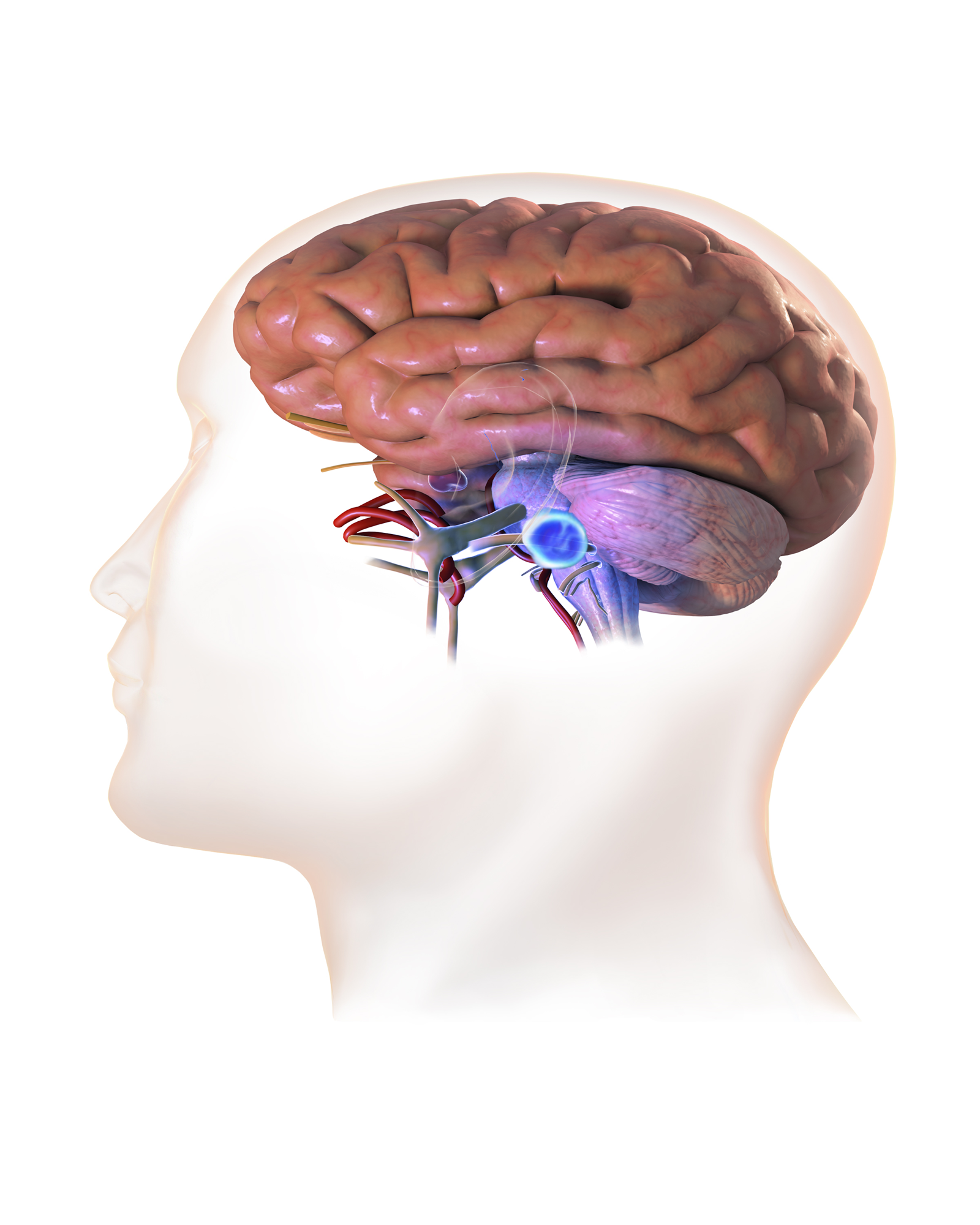
Training your brain: Vestibular rehab for acoustic neuroma
Dizziness, vertigo, and balance problems are common symptoms of vestibular schwannoma, also known as acoustic neuroma. Watch Elizabeth Crawford’s presentation for the Acoustic Neuroma Association of Canada on the role of vestibular physiotherapy in the treatment of vestibular symptoms due to acoustic neuroma.
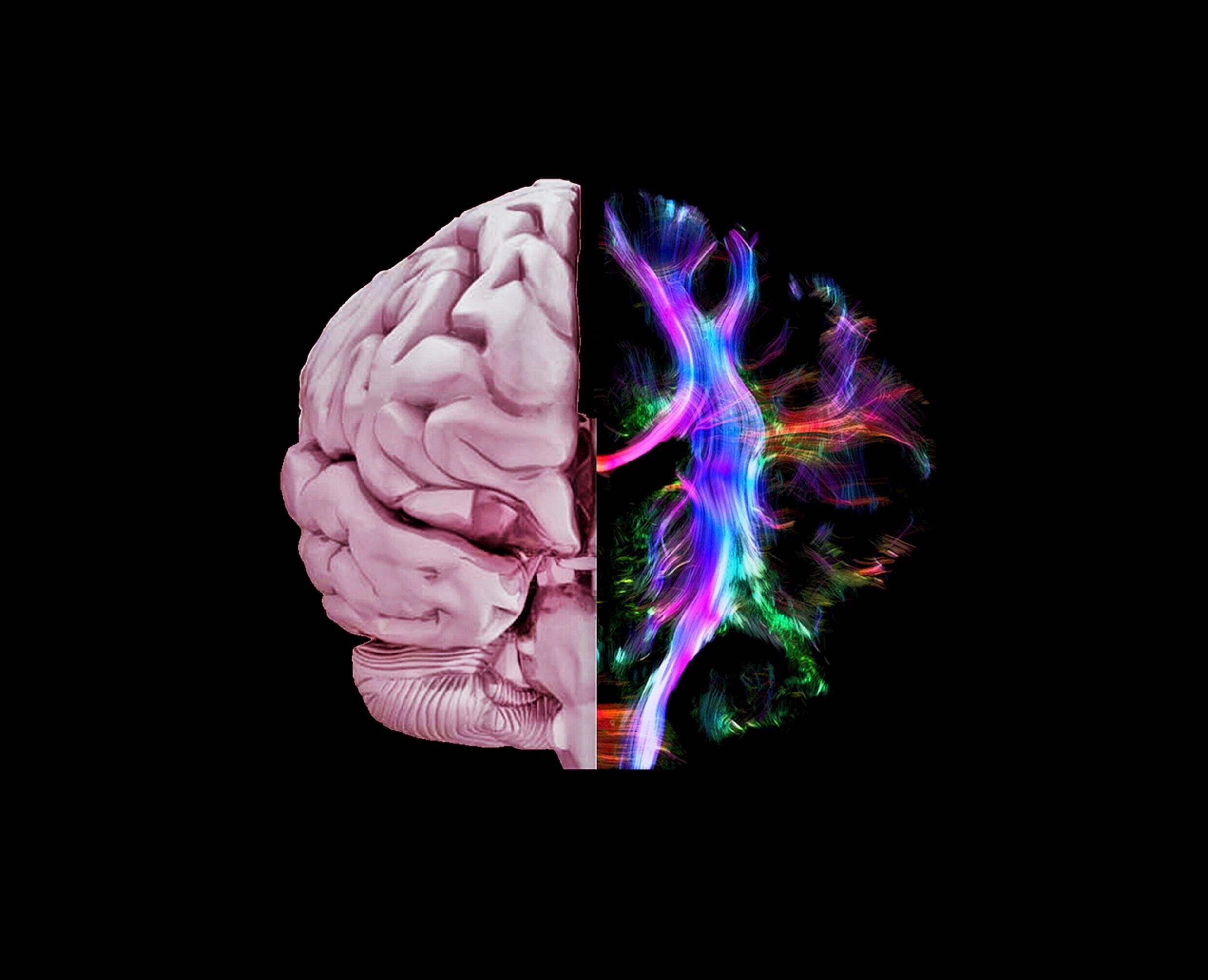
Persistent dizziness & imbalance after concussion / mild traumatic brain injury
Dizziness, vertigo, and balance problems are common symptoms after mild traumatic brain injury. Watch Shaleen Sulway’s presentation for the Canadian Concussion Centre on the role of vestibular physiotherapy in the treatment of persistent dizziness after concussion.
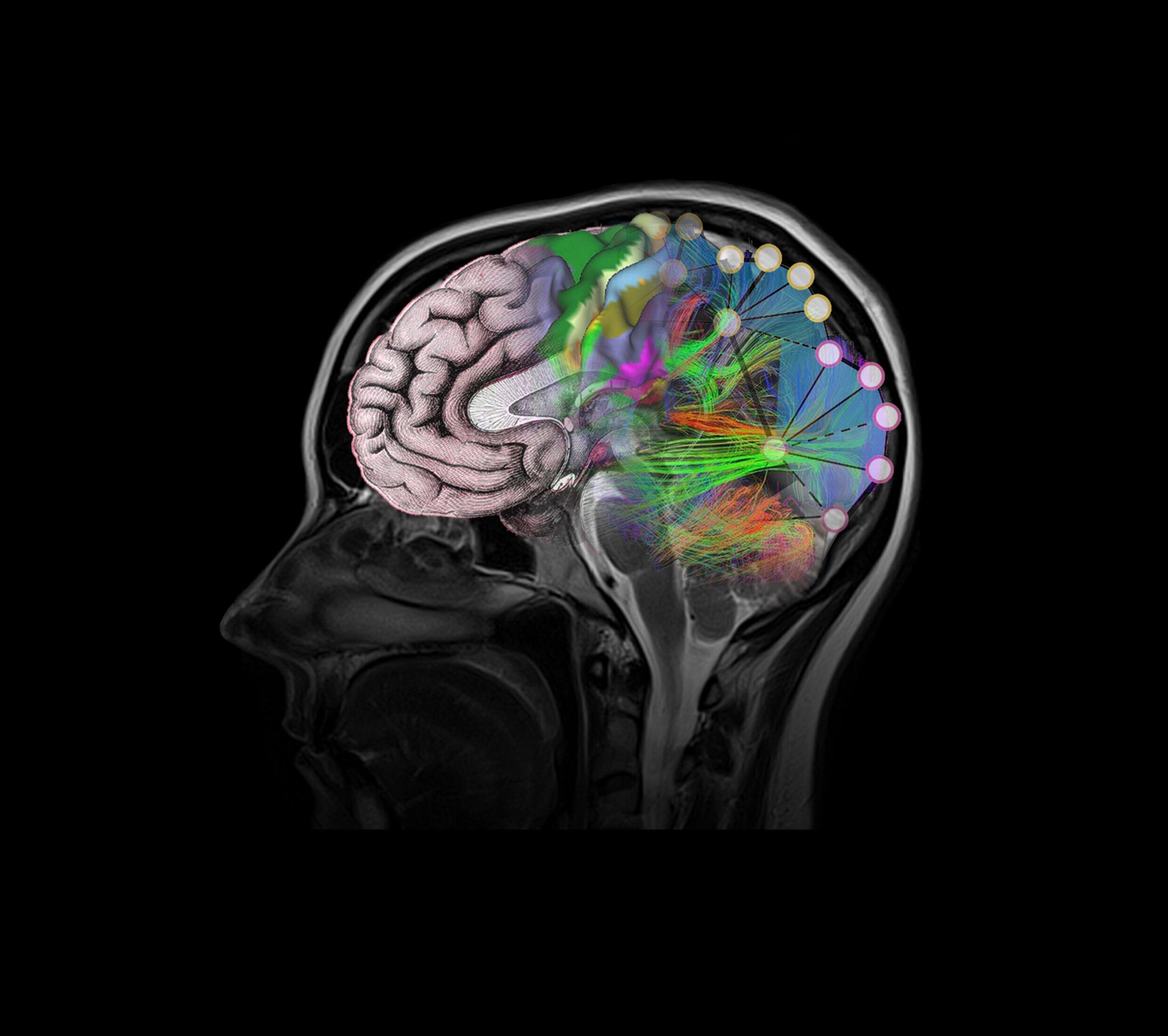
Vestibular rehab for post-concussion dizziness, vertigo, and balance problems
Dizziness, vertigo, and balance problems are common symptoms after head injury. Watch Shaleen Sulway’s presentation from the Concussion Research Symposium on the role of vestibular physiotherapy in treating post-concussion/mTBI symptoms.

Rare vestibular conditions: Vestibular schwannoma (acoustic neuroma)
Vestibular schwannoma or acoustic neuroma is a benign tumor of the cerebellopontine angle. Symptoms include unilateral hearing loss, tinnitus, dizziness, and balance problems. Vestibular rehabilitation can help improve dizziness and imbalance both before and after surgery or radiation treatment.
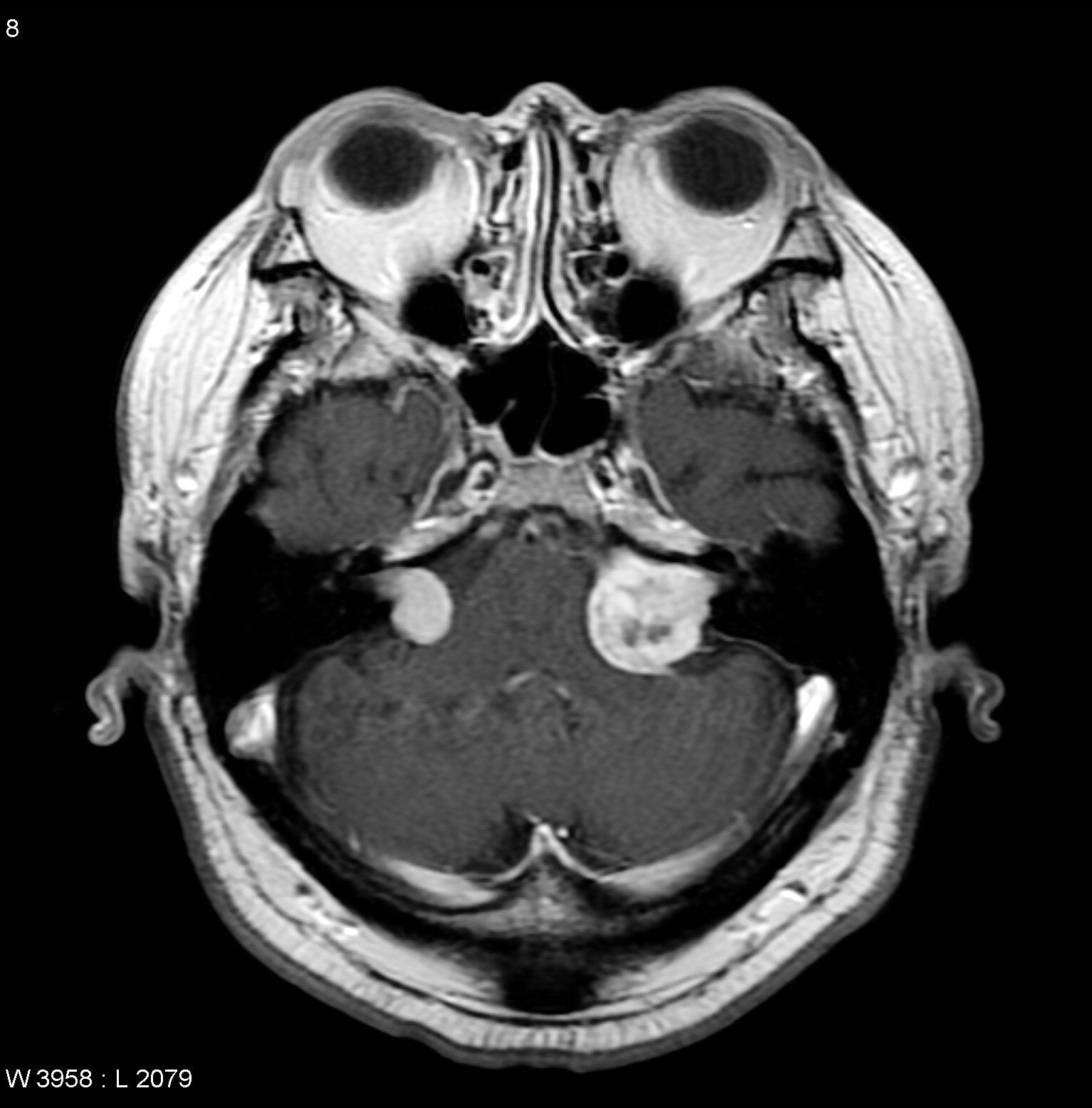
Rare vestibular conditions: Neurofibromatosis type II
Neurofibromatosis type II (NF2) is a rare genetic disorder that causes problems with balance and walking due to benign tumours on the nerve of the inner ear (bilateral acoustic neuromas). Symptoms include problems with balance, difficulties walking, dizziness, tinnitus, hearing loss, and facial weakness. Vestibular rehab physiotherapy for NF2 can help improve balance and mobility.

Falls and the vestibular system
Falls are a leading cause of injury, and people with inner ear problems are at much higher risk. Standard falls prevention programs often overlook the vestibular system, even though vestibular problems are very common in seniors who have fallen. Vestibular rehabilitation physiotherapy provides comprehensive evaluation and effective treatment.
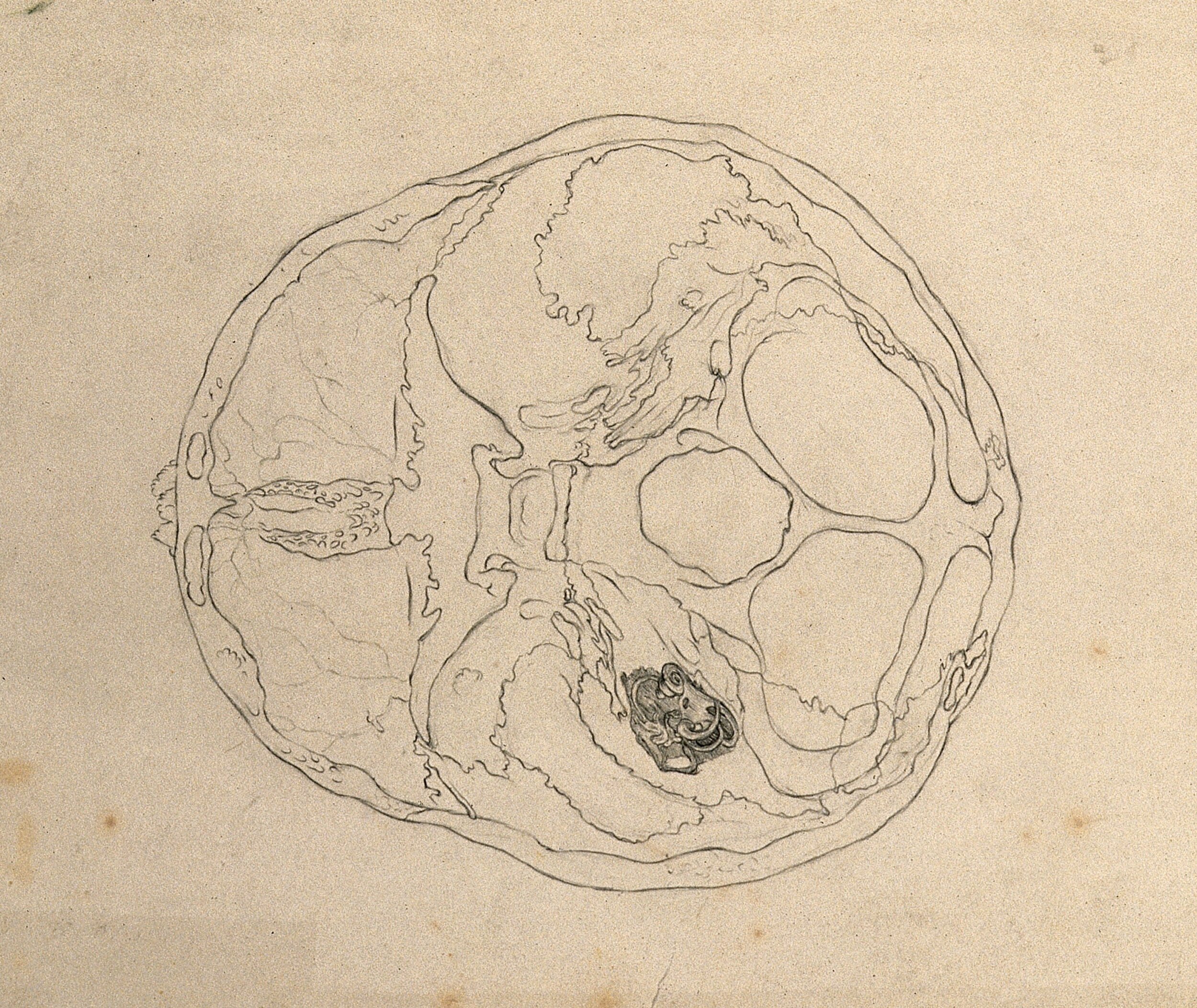
7 facts about the inner ear
Seven interesting facts about the inner ear, symptoms of vestibular problems, and how vestibular rehabilitation physiotherapy can help.
